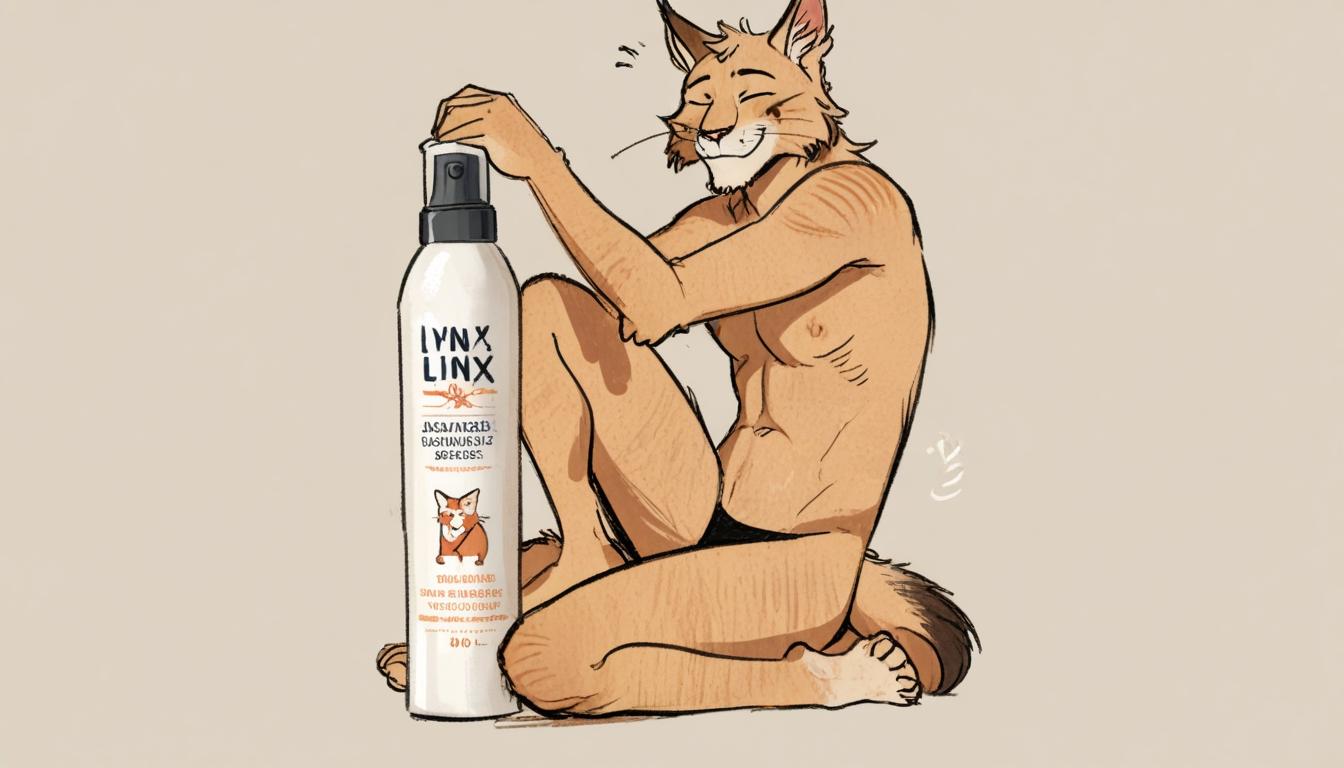In an era where the notion of humour in advertising is often dismissed as outdated, recent campaigns, particularly by Unilever’s Lynx brand, illustrate a refreshing counter-narrative. Lynx's recent promotion of its Lower Body Spray skilfully harnesses the ancient humour mechanism of arousal-relief to address sensitive topics like body odour, specifically targeting men’s private areas. This campaign cleverly combines levity and awareness around a typically stigmatised subject.
The approach is straightforward: while the Lower Body Spray does precisely what it advertises, its marketing strategy employs wit to normalize discussions about bodily hygiene. Lynx's ads, which feature comedic sketches about bums and feet, have sparked lively discussions about how humour can dismantle awkwardness surrounding personal care products. By using humour effectively, Lynx not only captures attention but also invites a broader audience to engage with the often-taboo subject of body odour.
The effectiveness of this arousal-relief humour, a term first popularised by Freud, stems from its foundation in psychological tension and subsequent release. When viewers confront potentially embarrassing themes, the humour causes a momentary spike in emotional arousal that is quickly followed by relief, leading to laughter. This dual response is rooted in the human inclination to navigate discomfort through comedic lenses—a tactic that has historical precedence in both stand-up comedy and advertising alike.
Freud himself posited that humour acts as a means to express suppressed desires and needs, which society typically keeps under wraps. This idea resonates particularly well in Lynx's campaign, where social norms are playfully subverted. Just as comedic films like "American Pie" transcend societal boundaries to elicit laughter, Lynx taps into similar comedic transgressions to convey a relatable message about male grooming.
Advertising has long appropriated this technique, often culminating in successful campaigns that tackle bodily functions or urges. For example, a memorably risqué German advertisement for Astra brews humour from the suggestive parallel of brewing beer and physical fitness. The effectiveness of such adverts lies in their ability to strike that delicate balance between being humorous and socially aware.
Nevertheless, humour in advertising is not without its pitfalls. For every success story, there are misfires, such as the infamous Club 18-30 ad that failed to resonate post-Me Too movement, instead being deemed misogynistic. This serves as a reminder that while humour can be a powerful tool for engagement and connection, it must be wielded with care to avoid alienating audiences.
Lynx’s strategic use of humour is underscored by a study in the European Journal of Innovation Management, which highlights the mediating role of emotional arousal and cognitive flexibility in driving purchase intentions. Humorous advertisements can indeed facilitate a more profound emotional connection with consumers, making them not only memorable but also more likely to result in sales.
Furthermore, concerns about the potential for humour to offend underscore the importance of crafting thoughtful and considerate content. Mailchimp’s resources underline that, when executed correctly, humour can foster positive emotional ties, making advertisements more shareable. Brands keen on exploring this strategy must navigate the fine line between being amusing and respectful to resonate well without causing backlash.
Lynx’s latest campaign thus exemplifies the potential of humour in advertising, seamlessly blending entertainment with essential messaging about personal care. G.K. Chesterton’s insight that "humour can get in under the door while seriousness is still fumbling at the handle" rings particularly true in this context; humour offers a unique, non-intimidating avenue for discussing even the most sensitive of topics.
In harnessing both levity and insight, Lynx not only positions itself as a brand that understands the nuances of communication but also as a pioneer in redefining how we perceive men’s grooming products. In a landscape often dominated by bland messaging dictated by social norms, the humorous embrace of body care may well represent a new frontier in advertising effectiveness.
Reference Map
- Paragraph 1: [1], [2]
- Paragraph 2: [1], [5]
- Paragraph 3: [3]
- Paragraph 4: [4]
- Paragraph 5: [6]
- Paragraph 6: [7]
- Paragraph 7: [3], [4]
- Paragraph 8: [1], [5]
Source: Noah Wire Services
